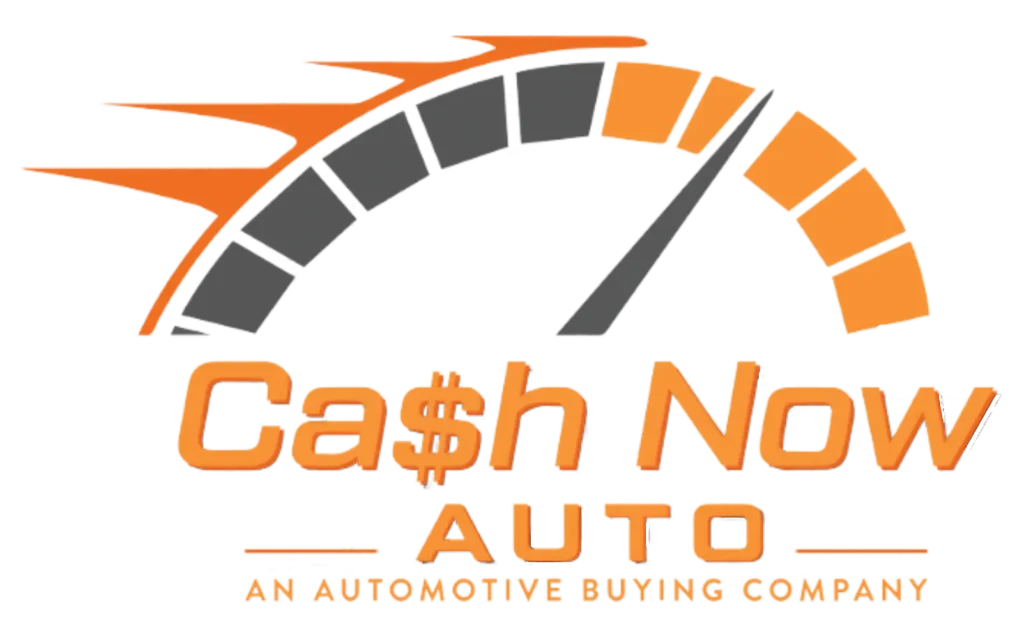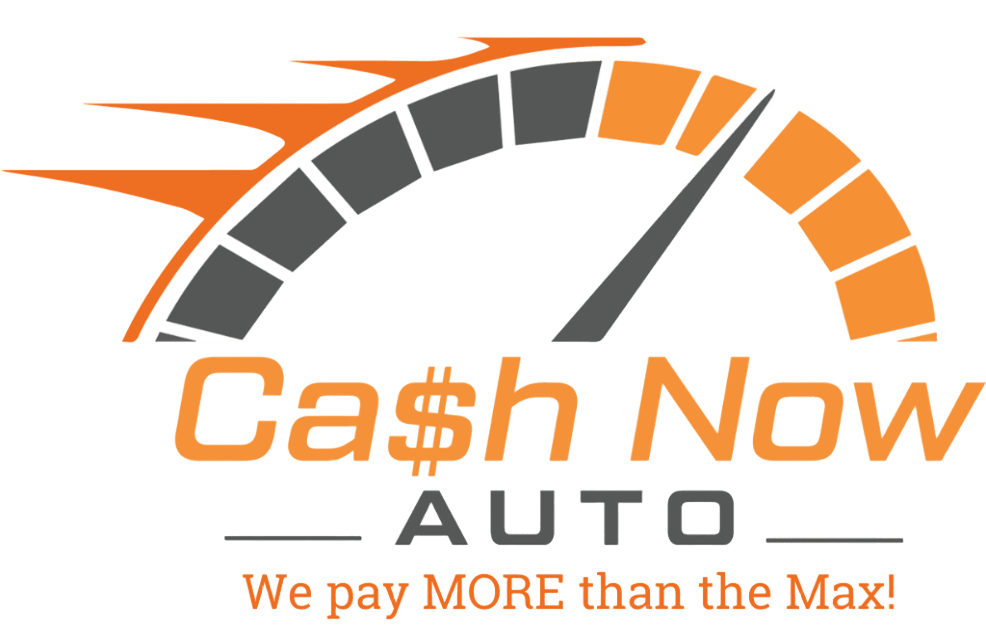
Selling a car can be a daunting process, and one of the most common methods is selling directly to a dealership. While this option is often seen as convenient, it comes with its own set of advantages and disadvantages. In this comprehensive guide, we will explore the pros and cons of selling your car to a dealer, helping you make an informed decision that suits your needs and priorities.
Understand The Process of Selling to a Dealer
Before diving into the pros and cons, it’s essential to understand how selling your car to a dealer works. The process typically involves the following steps:
- Researching Dealerships: Find local dealerships that accept trade-ins or buy used cars outright.
- Getting an Appraisal: The dealer will inspect your car’s condition, mileage, and history to provide an offer.
- Reviewing the Offer: You can either accept, negotiate, or decline the dealer’s offer.
- Completing Paperwork: If you accept the offer, the dealership will handle the necessary documentation and transfer of ownership.
Now, let’s explore the benefits and drawbacks of this selling method.
Pros of Selling Your Car to a Dealer
1. Convenience
Selling your car to a dealer is one of the quickest and most hassle-free options. Unlike private sales, where you need to find buyers, schedule viewings, and negotiate, dealerships streamline the entire process. Once you bring your car in, the dealer can often provide an offer on the same day.
2. Instant Payment
One of the significant benefits of selling to a dealer is receiving payment almost immediately. This can be especially useful if you need quick cash or want to put the money toward a new vehicle purchase.
3. No Need for Advertising
When selling privately, you’ll need to invest time and money in advertising your car. This could involve creating listings on platforms like Craigslist or Autotrader, taking high-quality photos, and writing detailed descriptions. Selling to a dealer eliminates these steps entirely.
4. Trade-In Options
If you’re planning to purchase a new car from the dealership, you can trade in your old car. This reduces the amount you need to finance for the new vehicle and simplifies the transition.
5. Professional Handling of Paperwork
Dealerships manage all the necessary paperwork, including title transfer and registration. This ensures a smooth and legally compliant transaction, saving you the hassle of handling these details yourself.
6. Acceptance of Various Conditions
Dealers often accept cars in a wide range of conditions. Whether your vehicle has high mileage, minor damage, or mechanical issues, a dealership may still be willing to buy it—though the offer may reflect these factors.
Cons of Selling Your Car to a Dealer
1. Lower Offers
Dealers aim to make a profit when reselling your car, which means their offers are typically lower than what you might get from a private buyer. The convenience comes at the cost of potentially sacrificing hundreds or even thousands of dollars.
2. Limited Room for Negotiation
While some dealers are open to negotiation, many stick to their initial offer. This can be frustrating if you believe your car is worth more than the dealer’s valuation. You can also follow these negotiation tips.
3. Trade-In Pressure
If you’re trading in your car, the dealer may focus on the overall deal rather than maximizing the value of your trade-in. This could lead to confusion about whether you’re getting a fair price for your old vehicle.
4. Dependent on Market Demand
Dealers base their offers on current market demand. If your car is a model or brand that isn’t in high demand, the dealer’s offer may be significantly lower.
5. Fees and Deductions
Some dealerships include fees or deductions for reconditioning and repairs, which can reduce the amount you receive for your car. It’s important to ask for a breakdown of the offer to understand these costs.
6. Perceived Lack of Transparency
Many people feel that dealerships lack transparency in their appraisal process. Without detailed explanations, it can be challenging to understand how the dealer arrived at the offer.
Tips for Maximizing Your Dealership Offer
If you decide to sell your car to a dealer, here are some tips to ensure you get the best possible deal:
1. Do Your Research
Check your car’s market value using online tools like Kelley Blue Book or Edmunds. Knowing your car’s worth will give you a benchmark for evaluating offers.
2. Get Multiple Offers
Visit several dealerships to compare offers. This not only helps you find the best price but also gives you leverage in negotiations.
3. Prepare Your Car
Clean your car thoroughly and address minor repairs before taking it to the dealership. A well-maintained car is likely to fetch a higher offer.
4. Gather Documentation
Bring all necessary paperwork, including the title, maintenance records, and any warranty information. This can speed up the process and demonstrate that your car has been well cared for.
5. Be Ready to Walk Away
Don’t feel pressured to accept the first offer you receive. If the dealership’s offer doesn’t meet your expectations, you’re free to explore other options.
Alternatives to Selling Your Car to a Dealer
If selling to a dealer doesn’t appeal to you, consider these alternatives:
- Private Sale: You’ll often get a higher price by selling to an individual buyer, but it requires more effort and time.
- Online Car Buying Services: Platforms like Carvana and Vroom offer convenience similar to dealerships but may provide higher offers.
- Consignment: Some dealerships offer consignment services, where they sell your car on your behalf for a fee.
Conclusion
Selling your car to a dealer can be a quick and convenient solution, especially if you value time and simplicity over maximizing your profit. However, it’s essential to weigh the pros and cons carefully and explore all your options before making a decision. By doing your research and preparing your car, you can increase your chances of getting a fair deal. Whether you choose to sell to a dealer or pursue an alternative method, the key is to make an informed choice that aligns with your goals and priorities.

